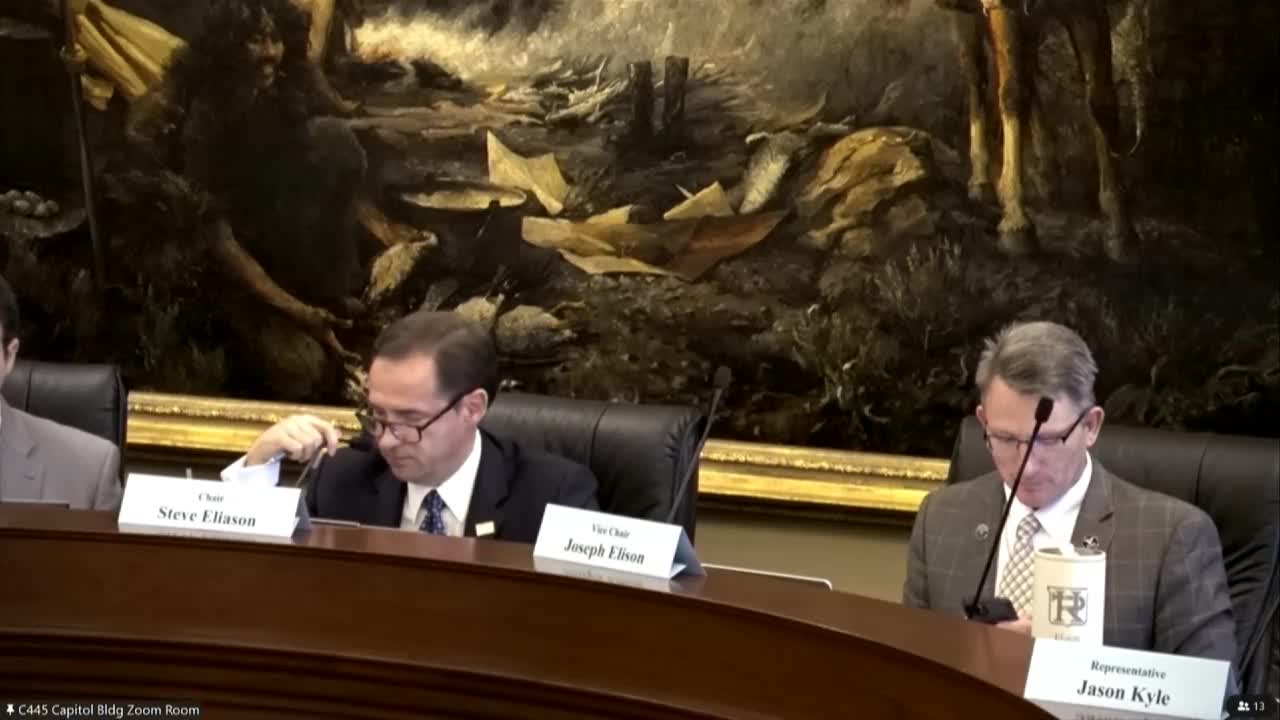Panel approves bill giving Division of Drinking Water authority to propose consumption-based fee; agency estimates 75¢ per household annually
Get AI-powered insights, summaries, and transcripts
Subscribe
Summary
The committee adopted a substitute and sent SB 80 forward after sponsors said the bill would allow the Division of Drinking Water to propose a consumption-based fee (subject to legislative approval). The division estimated a preliminary per-household impact of roughly $0.75 per year, based on equivalent residential connections.
Senate Bill 80, presented by the sponsor, would grant the Division of Drinking Water fee authority to propose a consumption-based fee to fund drinking-water testing and related work if federal funding declines. The bill file does not itself set a fee; any fee proposed by the division would later require legislative approval.
Sponsor remarks emphasized that federal funding for drinking-water programs has plateaued and that state fee authority would allow the division to seek sustainable revenue to continue testing and regulatory work. "The consumption idea kind of held strong... because I think it does have a little component of conservation in it," the sponsor said when describing the bill's structure.
Nathan Bracken, a water attorney testifying for the rural water association, cautioned that consumption varies by system and that conservation could lower the fee base over time. He also suggested that mandatory pass-through line-item fees be exempted from some special-district public-hearing requirements to avoid unnecessary notice burdens.
Nathan Lundstedt, director of the Division of Drinking Water, provided a preliminary estimate of the consumer impact. "We were anticipating, 75¢ per year per equivalent residential connection or home," Lundstedt said. The division explained the fee would be calculated by equivalent residential connections (ERCs); businesses that use more water would be charged proportionally higher ERC counts.
Leah Hansen, a resident of Saratoga Springs, urged the committee to preserve transparency and retain a line-item on bills so customers understand new charges.
The committee adopted the first substitute for SB 80 and voted to pass the substitute bill with a favorable recommendation. Members noted that any specific fee would return to the Legislature for approval and that subdivisions or special districts could apply local notice rules if they pass costs through to customers.
Ending
SB 80 passed the committee as substituted and will advance subject to normal legislative review of any fee proposals from the Division of Drinking Water.
